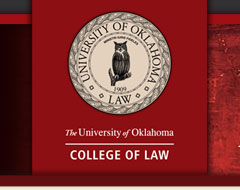Abstract
A major obstacle indigenous land claimants must face is the applicationof federal evidentiary rules, like the hearsay doctrine, which block the useof oral history to establish legal claims. It is often oral history and storiesthat tribes rely upon as evidence to support their claims, reducingsubstantially the likelihood of a tribe prevailing. Indigenous oral historypresents unique challenges to judges when faced with its admissibility.Canadian courts have largely overcome these challenges by interpretingevidentiary rules liberally, in favor of the aborigines. As such, Canadianaborigines have enjoyed greater land claim success than indigenousclaimants in the United States, raising the question why United Statescourts do not follow the Canadian example. After examining theevidentiary strengths and weaknesses of indigenous oral history and thebarriers posed to its admissibility in court, this article finds the answer is thewillingness of Canada to both recognize the harm done to aboriginalpeoples during the country's colonial history and to make amends byopening the courts to these claims.
Recommended Citation
Hope M. Babcock,
"[This] I Know from My Grandfather:" The Battle for Admissibility of Indigenous Oral History as Proof of Tribal Land Claims,
37
Am. Indian L. Rev.
19
(2012),
https://digitalcommons.law.ou.edu/ailr/vol37/iss1/2
Included in
Courts Commons, Evidence Commons, Indigenous, Indian, and Aboriginal Law Commons, Property Law and Real Estate Commons
